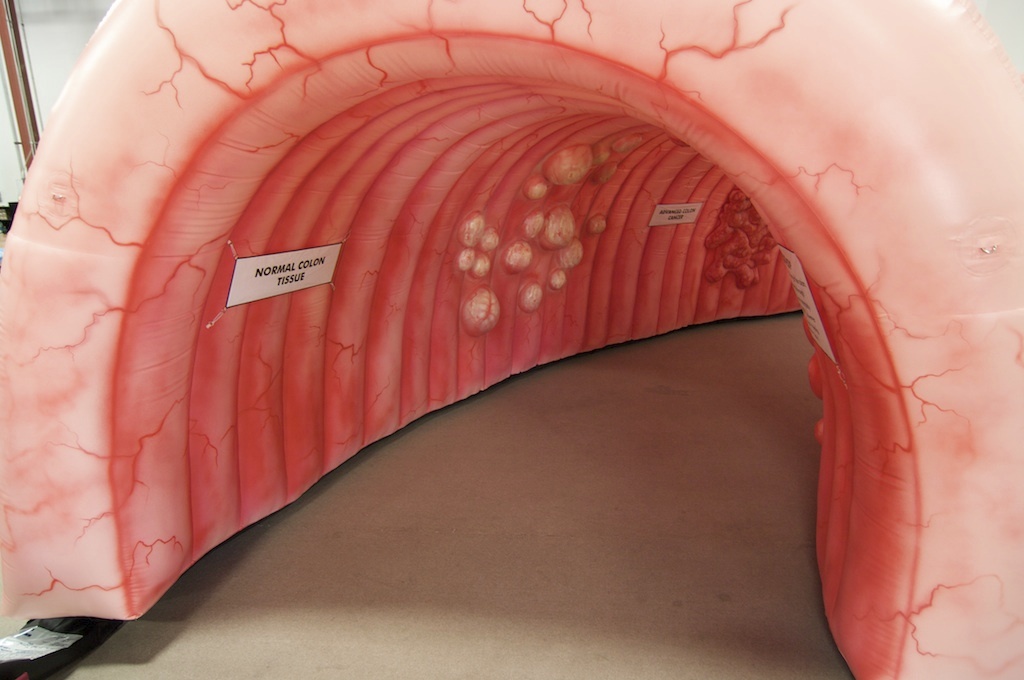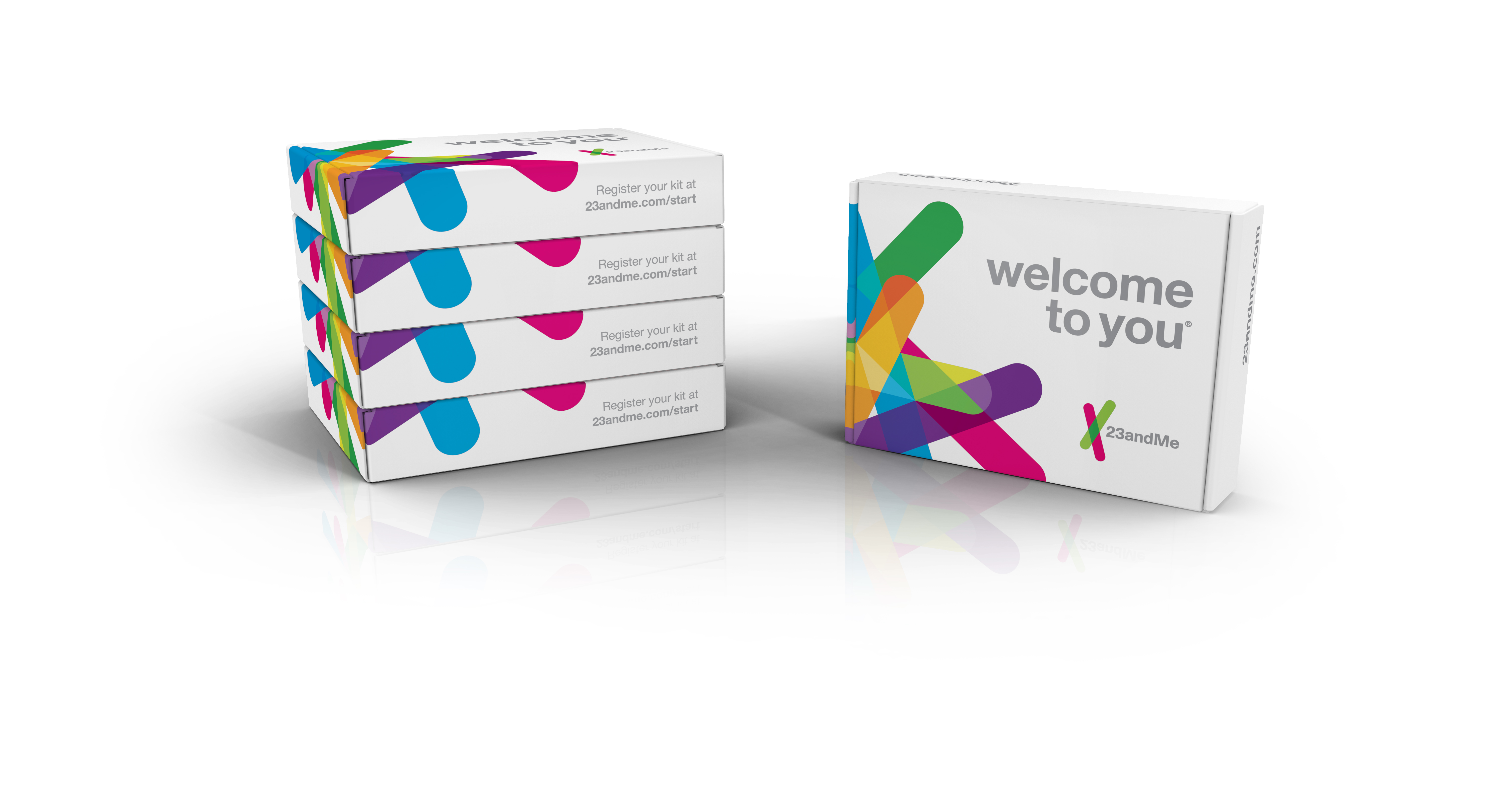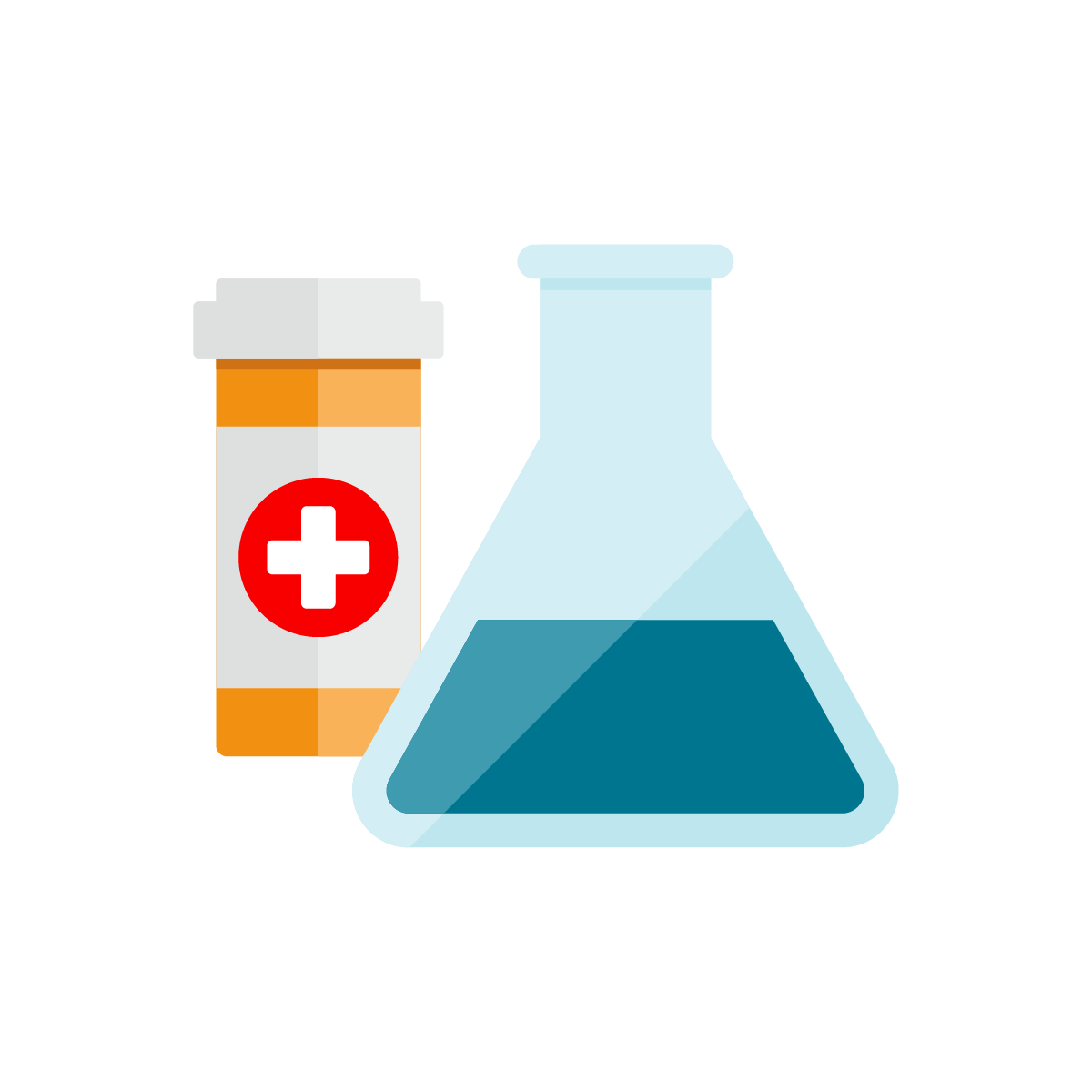The second ever direct-to-consumer genetic health risk report for inherited cancers was just approved by the US Food and Drug Administration (FDA). Soon, consumers can see if they carry the genes responsible for hereditary colorectal cancer (syndrome), thanks to the personal genomics and biotechnology giant, 23andMe.
“We are committed to giving people affordable and direct access to important health information that can impact their lives,” said Anne Wojcicki, 23andMe CEO and co-founder. “We believe improved access to genetic testing and health information will help people engage in their own health.”
The report, entitled MUTYH-Associated Polyposis Genetic Health Risk Report, looks at two variants of the MUTYH gene codes for MYH glycosylase, an enzyme involved in DNA repair. The two variants account for 80-90 percent of MUTYH variants in people of Northern European descent. The genetic variants for Lynch syndrome, the most common form of inherited colorectal cancer, are not included in the report.
In March 2018, 23andMe received FDA approval for BRCA1/BRCA2 (Selected Variants) Genetic Health Risk Report, the first of its kind. The inherited colorectal cancer report was submitted using the 510(k) pathway, and was deemed substantially equivalent to the BRCA report.
RELATED VITALS: 23andMe’s DTC Genetic Tests Will Now Report on BRCA Gene Variants and Cancer Risk
The breast cancer report was criticized for focusing only on three out of hundreds of known BRCA mutations. A negative test result for those two variants of MUTYH might not mean a negative test for all variants – of which there are over 100.
There aren’t many genetic health risk reports directly available to consumers. One major concern is that people might interpret a heightened risk for a diagnosis. Another is that some companies’ genetic tests haven’t been FDA approved.
23andMe is not one of those companies.
“We believe it’s important that all consumer genetic health tests should be going through the FDA and subject to the same rigorous testing that 23andMe undergoes,” said Wojcicki when the company received approval for a DTC pharmacogenetics report. “It is concerning that the FDA is not requiring all direct-to-consumer genetic testing services to meet the high bar for analytical validity, accuracy or user comprehension, which 23andMe does. It’s confusing for consumers that this double standard exists.”
For the MUTYH report, 23andMe will provide information about the purpose, use and limitations of the test. According to a statement, the concepts could be grasped by 90 percent of a demographically diverse population.
While hereditary colorectal cancer accounts for only 5 percent of all colorectal cancers, a heightened risk might prompt a consumer to talk to their healthcare provider early. At-home test results from 23andMe should be corroborated by clinical testing and discussed with a medical professional.
In addition to the inherited cancer and pharamacogenetics reports, 23andMe also offers genetic tests for blood, metabolic and neurodegenerative disorders.
As personal genetics testing gains popularity, policymakers, product manufacturers and healthcare providers will have to stay vigilant to ensure patients receive high-quality, reliable health data.












Join or login to leave a comment
JOIN LOGIN